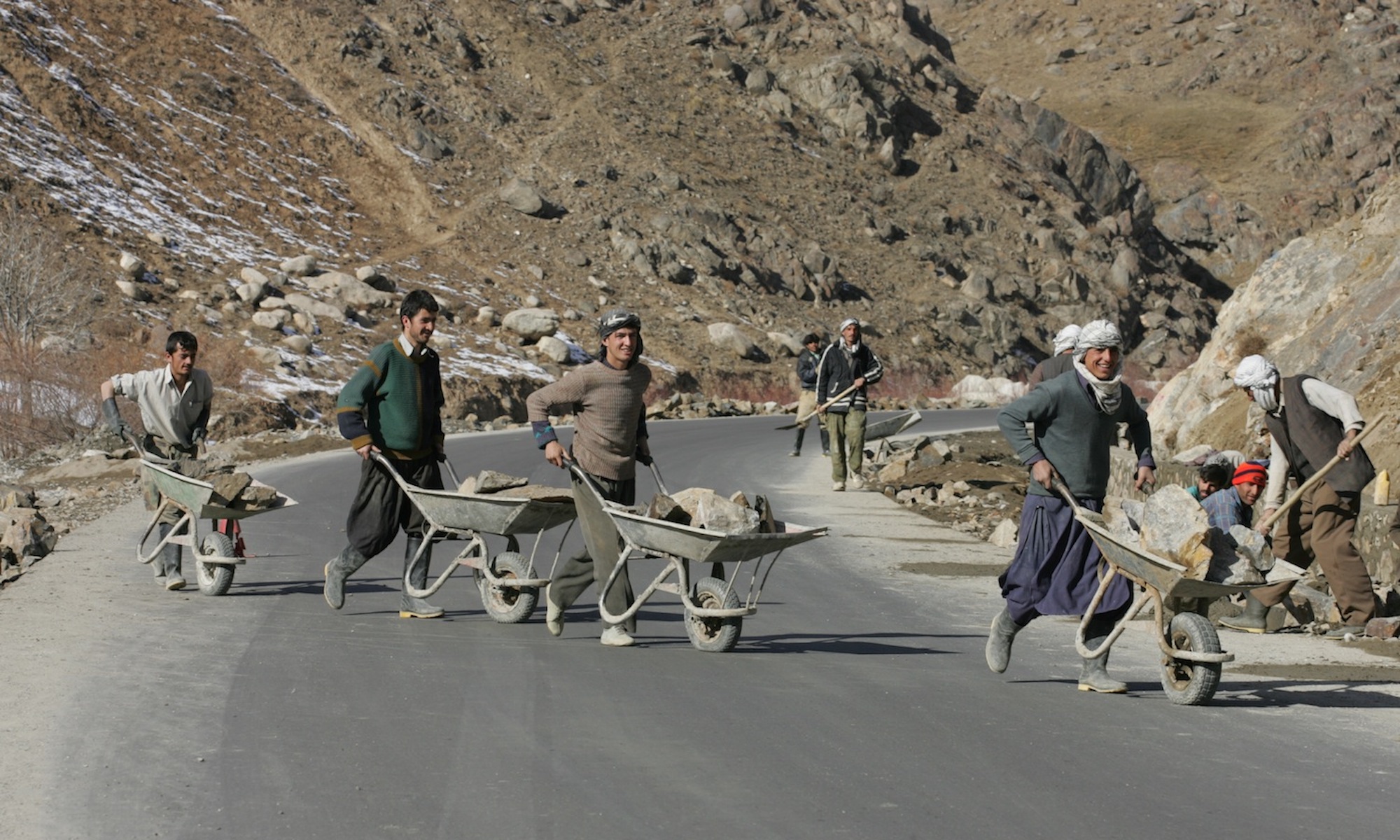Escaping Statebuilding: Resistance and Civil Society in the Democratic Republic of Congo
That statebuilding entails violence and dispossession, even in its contemporary form, is illustrated by the case of the Democratic Republic of Congo. The question this begs is not whether resistance exists but rather where and how it operates. Following James Scott, the article shows that resistance takes place as a quotidian strategy of mitigation, avoidance and escapism for which civil society acts as a platform. Highlighting civil society’s ambiguity and heterogeneity, the article conceives of it as a site of resistance and analyses three strategies that are channelled through it: the deployment of counter-discourses, the use of violence and the production of the social fabric.
Reclaiming Afghanistan: Moving Toward Nationhood?
The invasion of Iraq: what are the morals of the story?
This article explores the relationship between the UK and Rwanda, using the lens of the UK Department for International Development’s integrated approach to state building and peace building in fragile and conflict-affected states. It identifies a number of priorities for UK aid under such a framework, but shows that in the case of Rwanda these have not been foregrounded in the bilateral aid relationship. The article suggests a number of reasons for this, arguing that, by refusing to acknowledge or address Rwanda’s deviations from what was considered a positive development trajectory, the UK is becoming internationally isolated in its support for the rpf regime. It concludes that, while this bilateral relationship may support achievement of stability and relative security in Rwanda, promoting such a narrow form of state building is detrimental to more holistic peace building, both nationally and regionally.
The Birth of South Sudan and the Challenges of Statebuilding
Outsiders Inside the State. Post-Conflict Liberia between Trusteeship and Partnership
The essay explores how the statebuilding intervention in Liberia produces a situation in which the locus for public authority is unclear and lines of responsibility and accountability are difficult to pinpoint. It does so by zooming in on one particular element in the intervention – the Governance and Economic Management Assistance Program – and concludes that the opacity surrounding this programme risks defeating the wider liberal objectives of the statebuilding intervention.
